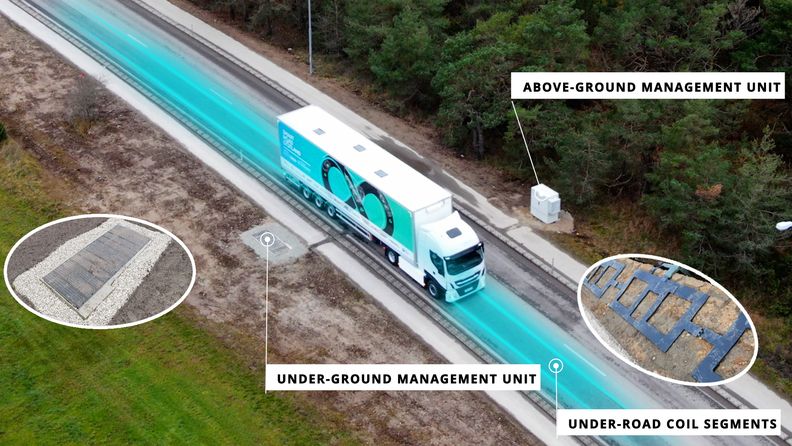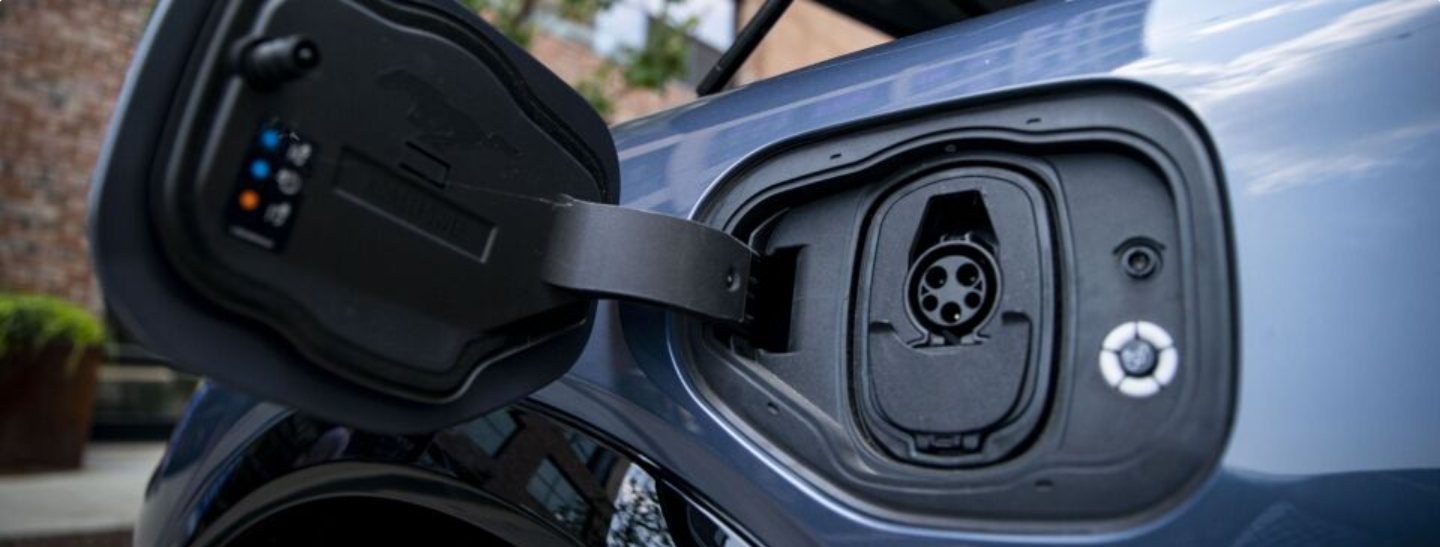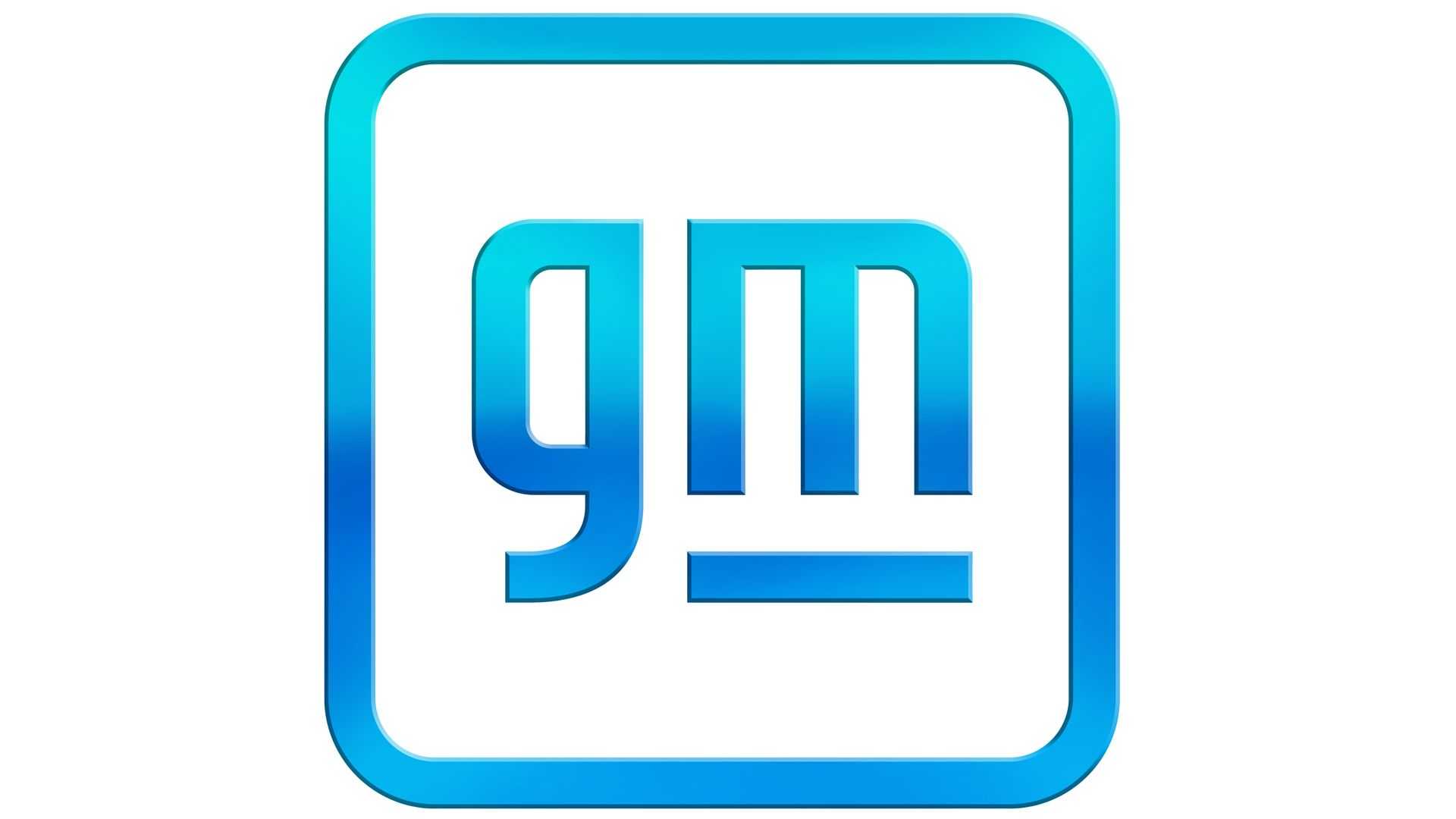The first wireless EV-charging road system in the country will be built near Michigan Central Station in Detroit by Israeli startup Electreon, officials announced Tuesday.
The mile-long stretch of public road, which will be designed to wirelessly charge electric vehicles while they are stationary and in motion, is expected to be complete by 2023, according to a news release from the state. Electreon will work with NextEnergy and Jacobs Engineering Group on the project.
The inductive vehicle charging pilot, first announced by Gov. Gretchen Whitmer last year at the Motor Bella show in Pontiac, will be funded through $1.9 million from the Michigan Department of Transportation and an unspecified contribution from Electreon.
Electreon declined to say how much it is investing, but the request for proposal for the project required the contract winner to match at least 25 percent of the $1.9 million, said Michele Mueller, senior project manager, connected and automated vehicles, for MDOT.
The project will also be supported by Ford Motor Co., DTE Energy Co. and the city of Detroit.
“As we aim to lead the future of mobility and electrification by boosting electric vehicle production and lowering consumer costs, a wireless in-road charging system is the next piece to the puzzle for sustainability,” Whitmer said in the release.
The road will be located within Ford’s Michigan Central mobility innovation district, though the exact location has not been determined, MDOT spokesman Michael Frezell said.
The wireless roadway project symbolizes Michigan’s commitment to building EV charging infrastructure and staying ahead of the curve on technology, according to officials. It also fits into MDOT’s plan for a new 40-mile “connected corridor” from Detroit to Ann Arbor.
“Michigan is aggressively rolling out various charging solutions and we need to continue to stay ahead of the technology curve,” MDOT Director Paul Ajegba said in the release. “A wireless in-road charging system will be revolutionary for electric vehicles, potentially extending their charge without having to stop.”
Electreon, founded in 2013, has projects in Tel Aviv; Gotland, Sweden; and Lombardy, Italy. The foundation of its wireless charging technology is electromagnetic induction. The company installs copper coils under the asphalt of roadways, through which it transfers energy from the electricity grid and creates a magnetic field. Receivers installed on the floor of an electric vehicle capture the energy and transmit it to the battery and motor.
“We’re excited to be transferring our success in wireless charging for a variety of electric fleets — from cars to buses and heavy-duty trucks — to this innovative project,” Stefan Tongur, vice president of Electreon, said in the release. “There’s important work ahead with our partners in Detroit to develop scalable, ‘plug-free’ charging that will future-proof the city’s EV infrastructure.”
Electreon will not generate revenue through the project in Detroit, Mueller said. The company said its aim is to prove its concept effective and then scale beyond pilot projects to generate revenue.
“…We offer flexible approaches, depending on the customer/client use case and what’s the best fit, including public-private partnership, relationships and CaaS – Charging as a Service,” according to the company’s business model.
Mueller said the pilot is a learning opportunity for the startup and the state.
“This will allow us the opportunity to set standards and specifications for the system,” she said. “We do have the vision for having electrification here, and that’s why we’re doing the pilot. We’re going to learn a lot.”



